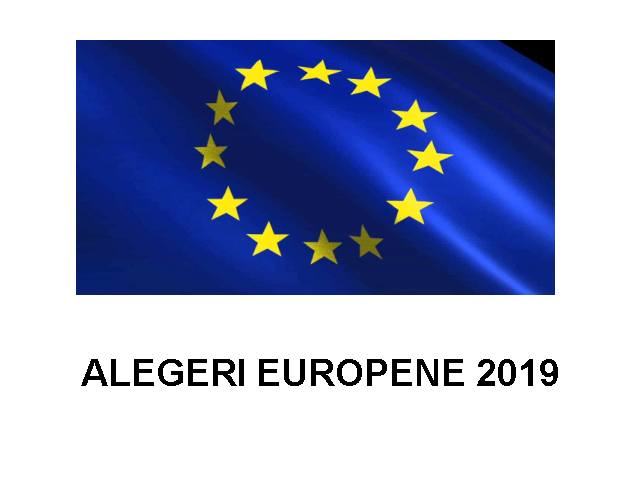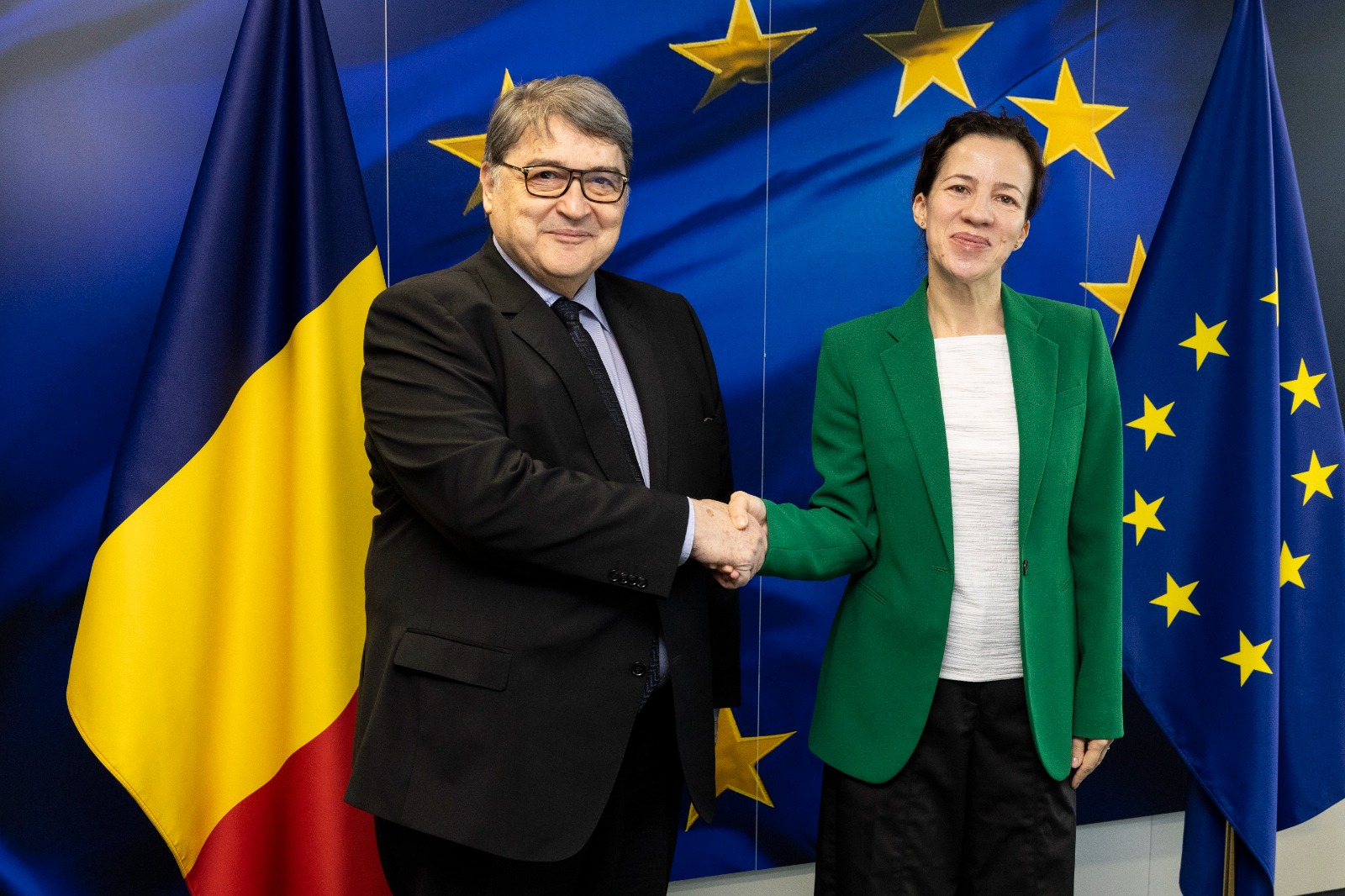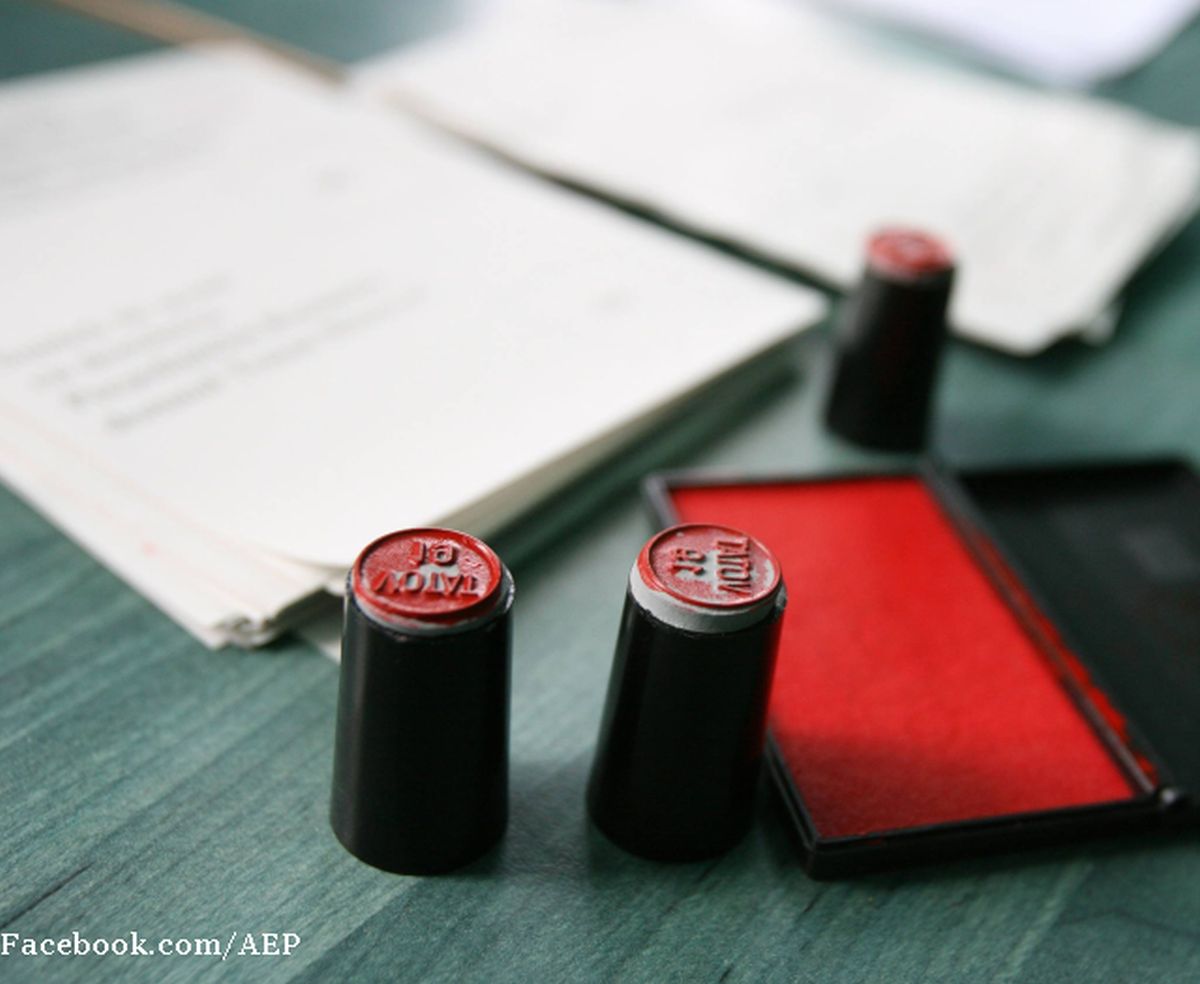The European Parliament Elections Week
Between the 23rd and 26th of May, hundreds of millions of European citizens are expected to cast their votes and elect the members of the future European Parliament

România Internațional, 20.05.2019, 12:23
With 751 elected
members, the European Parliament is one of the largest legislative bodies in
the world. Its main role is to adopt the legislation that applies in all the EU
Member States, after each national parliament ratifies it. Together with the
European Commission, the European Parliament establishes the EU budget. Also,
by means of a complex procedure, the European legislative is the one that
formally elects the President of the European Commission and approves the list
of commissioners.
The first European Parliament elections were held four
decades ago, and, since then, the powers of this body have constantly increased.
This year, the elections are marked by the uncertainty created by Brexit, the
talks concerning the future of Europe and the Strategic Agenda 2019-2024.
Elections
will be held in all the 28 EU member states, including Great Britain. The first
to go to the polls will be the Dutch and the British, on May 23rd. A
day later, on May 24th, it will be the turn of the voters in Ireland
and the Czech Republic. Voters in Lithuania, Malta and Slovakia are expected to
cast their votes on May 25th, and the citizens of the other 21
member countries will vote on May 26th, Romanians included.
In
Romania, the minimum age of the candidates is 23. Running for the 33 seats
Romania is entitled to in the European Parliament are three independent
candidates and representatives of 13 parties and alliances. The election
campaign started on April 27th and ends on Saturday morning, so
candidates have a few days left to present their programmes and projects.
18,730 polling stations have been set up across Romania, as well as 441 abroad.
4.5 million ballots will be distributed to the polling stations abroad. The
Romanian citizens turning 18, including on the election day, are allowed to
vote on the basis of a valid ID. Those who live in another EU country have the right to cast their votes for the candidates in
Romania, at the polling stations set up within embassies or consulates, or for
the candidates in their countries of residence.
This year’s
election are special to Romanians, as, on the same date, they are expected to
express their opinion at a national referendum, called by Romania’s president
Klaus Iohannis, on justice and corruption. Romanians are supposed to
say whether they agree with banning amnesty and pardon for those who have
committed acts of corruption and if they agree with banning the government
emergency decrees on crimes, punishments and judicial organization and the
extension of the right to challenge such decrees at the Constitutional Court.
The referendum is advisory.






























